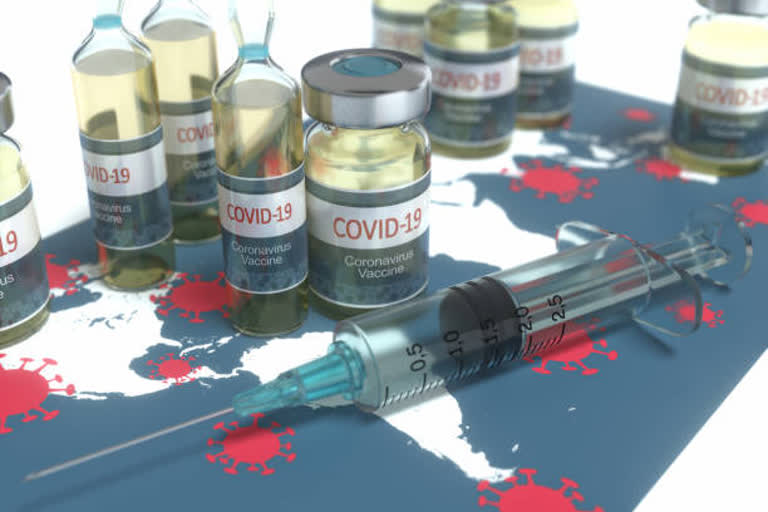London: Scientists have uncovered more knowledge about the risk of developing a very rare blood clotting condition following vaccination against COVID-19, according to a study. Based on health data from five European countries and the US, the study shows an increased risk of the condition, called thrombosis with thrombocytopenia syndrome (TTS), after first-dose of the Oxford-Astrazeneca vaccine (same as Covishield in formulation).
The study, published in The British Medical Journal (BMJ), also shows a trend towards an increased risk after the Janssen/Johnson & Johnson vaccine, compared with the Pfizer-BioNTech vaccine. The researchers stressed that the syndrome is very rare, but said the observed risks "should be considered when planning further immunisation campaigns and future vaccine development."
TTS occurs when a person has blood clots (thrombosis) as well as low blood platelet counts (thrombocytopenia). According to the study, it is very rare and different from general clotting conditions like deep vein thrombosis (DVT) or lung clots (pulmonary embolism). TTS is currently being investigated as a rare side effect of adenovirus-based Covid vaccines, which use a weakened virus to trigger an immune response against coronavirus, but no clear evidence exists on the comparative safety of different types of vaccines, according to the study.
To address this knowledge gap, an international team of researchers set out to compare the risk of TTS or thromboembolic events associated with the use of adenovirus-based Covid vaccines with mRNA-based Covid vaccines. Their findings were based on routinely collected health data for more than 10 million adults in France, Germany, the Netherlands, Spain, the UK, and the US who received at least one dose of a Covid vaccine (Oxford-AstraZeneca, Pfizer-BioNTech, Moderna or Janssen/Johnson & Johnson) from December 2020 to mid-2021.
Further, to minimise possible error, participants were matched by the researchers by age and sex and a range of other potentially influential factors such as pre-existing conditions and medication use were taken into account. The researchers then compared rates of thrombosis and of thrombosis with thrombocytopenia between the adenovirus vaccines (Oxford-AstraZeneca or Janssen/Johnson & Johnson) and the mRNA vaccines (Pfizer-BioNTech or Moderna) within 28 days after vaccination.
